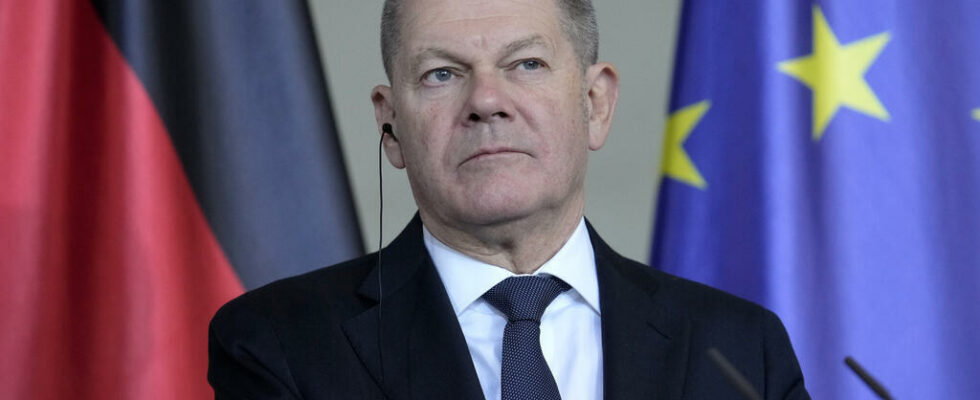After Chancellor Olaf Scholz’s decision on Monday, December 16 to face a vote of no confidence in the Bundestag, the German Parliament, he turned the political situation in Germany upside down. He provoked the fall of his government, the dissolution of the Bundestag and the calling of early general elections on February 23. Should we expect a change of course in Germany?
According to current opinion surveys, the political situation inGermany could probably change. According to these polls, it is the CDU, the Christian Democratic party led today by Friedrich Merz which is in the lead, credited with 30 to 32% of the votes. Far ahead of the SPD, the social democrats of the outgoing chancellor Olaf Scholzwho would obtain around 15% of the votes. The far-right AfD formation is announced with a score around 20%. We are therefore witnessing the end of the SPD/Greens/Liberals coalition led by Olaf Scholz, and victory seems at this stage in sight for Friedrich Merz.
Also readGermany: the right nominates the ultraconservative Friedrich Merz as candidate for chancellor in 2025
A leader who has come a long way?
The journey and story of Friedrich Merz are quite incredible. Elected to the Bundestag in 1994, he quickly saw his rise stopped by a certain Angela Merkel, who took over the presidency of the CDU parliamentary group in 2002. He kept a low profile until 2009, when he left politics to become a business lawyer again. It was only in 2018 that he returned to the game, when Madame Merkel announced her withdrawal which took place in 2021. Friedrich Merz was therefore rid of the ghost of his most tenacious adversary and took the reins of his party. At 69, he thinks his time has finally come.
A liberal program on economics and conservative on societal issues
Friedrich Merz accuses Olaf Scholz of having missed his chance over the last three years and intends to apply, if elected, a very orthodox liberal program. Respect for the “debt brake”, enshrined in the Constitution, tax cuts, reduction in inheritance taxes… He also wants to put an end to the program to replace gas or oil boilers, started by the current government to fight against global warming, and which is the subject of a passionate debate across the Rhine. A program the opposite of that of his opponent Scholz, while Germany is going through a real economic crisis and risks being in recession for the second year in a row, with its export sector in difficulty, particularly in the automobile industry sector, including Volkswagen. Conservative on social issues, he wants, for example, to abolish the law on the legalization of cannabis, adopted by the outgoing majority.
Olaf Scholz, a combative candidate
The chancellor remains combative and has been nominated as the SPD candidate. He certainly leaves with a serious handicap, but that does not scare him. In 2021, he was already considered the loser, and he won the vote. The big question will be that of the coalition. We’re not there yet. The choice the Germans will makea month after the inauguration of Donald Trump, in the middle of the war in Ukraine, will of course have important consequences for Europe and in particular France.
To listen in Decryption Economy, politics: the end of the German model?
